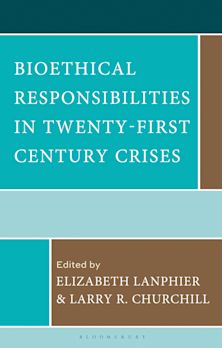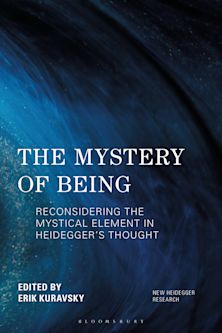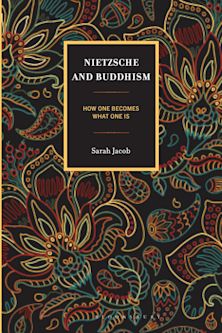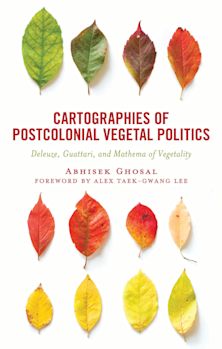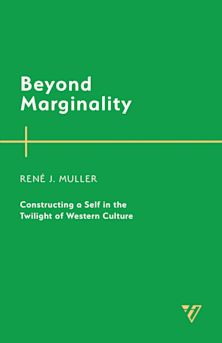- Home
- ACADEMIC
- Philosophy
- Philosophy - Other
- Peirce's Pragmaticism
You must sign in to add this item to your wishlist. Please sign in or create an account
Description
Praised by Bertrand Russell as “one of the most original minds” and “certainly the greatest American thinker ever,” Charles Sanders Peirce invented “pragmaticism.” Vulgarized by William James and others, Peirce’s revolutionary semiotic recognizes chance, fortuitous happenings, serendipity, in understanding lawful paradigm-shifts in history. Peirce’s thought envisions a process-oriented community of inquirers engaged in confronting urgent social problems by clarifying the groundwork of meanings, beliefs, purposes, ideologies. E. San Juan’s project seeks to excavate the radical resonance of Peirce’s desire for “concrete reasonableness,” an ideal realized in the philosopher’s endeavor to fuse scientific theory and collective praxis, nature and the universal human potential still chained in alienated labor. Peirce’s hypothesis of transforming the conduct of our lives remains not only to be analyzed and interpreted further but also tested in actual practice by future generations of inquirers and activists.
Table of Contents
Chapter 2 Toward Peirce's Dialectic: Problematizing the Conduct of Life
Chapter 3 Approaching Peirce's Semiotics
Chapter 4 Peirce/Marx: Reason, Work, Nature
Chapter 5 Adventures in the Realm of Signs
Chapter 6 Peirce's Esthetics: From Feeling to Knowledge and Action
Chapter 7 Prophetic Solidarity: Transforming Our World
Product details
| Published | 12 Jul 2022 |
|---|---|
| Format | Ebook (PDF) |
| Edition | 1st |
| Extent | 1 |
| ISBN | 9781978777125 |
| Imprint | Lexington Books |
| Illustrations | 1 tables; |
| Publisher | Bloomsbury Publishing |
About the contributors
Reviews
-
Peirce’s Pragmaticism: A Radical Perspective is a truly groundbreaking work on Charles Sanders Peirce. It reviews the many-sided pragmatism originally proposed by Peirce, lucidly distinguishing it from the versions of John Dewey, Richard Rorty, and others, and, more important, it resituates it within a more radical, postmodern framework. E. San Juan Jr. places Peirce’s thought in a historical context, drawing parallels with other progressive trends, in particular critical ideas of W.E.B. Du Bois, Antonio Gramsci, Michael Denning and others. This is an important engagement with what’s current in the intellectual exchanges among international participants.
Peter McLaren, Chapman University
-
That E. San Juan is of Philippine ancestry is less important than the fact that his intellectual contributions—universal in appeal, encyclopedic in scope, critical in style and commitment—are his own modest attempt to stitch together and make coherent a form of understanding of reality that is as total as he could possibly make it in his lifetime, particularly in its historical, cultural, and ideological manifestations—that would otherwise be loose, disparate, incoherent, and therefore less meaningful because of their lack of connection with the whole.
Kenneth E. Bauzon, St. Joseph's College, New York

ONLINE RESOURCES
Bloomsbury Collections
This book is available on Bloomsbury Collections where your library has access.













